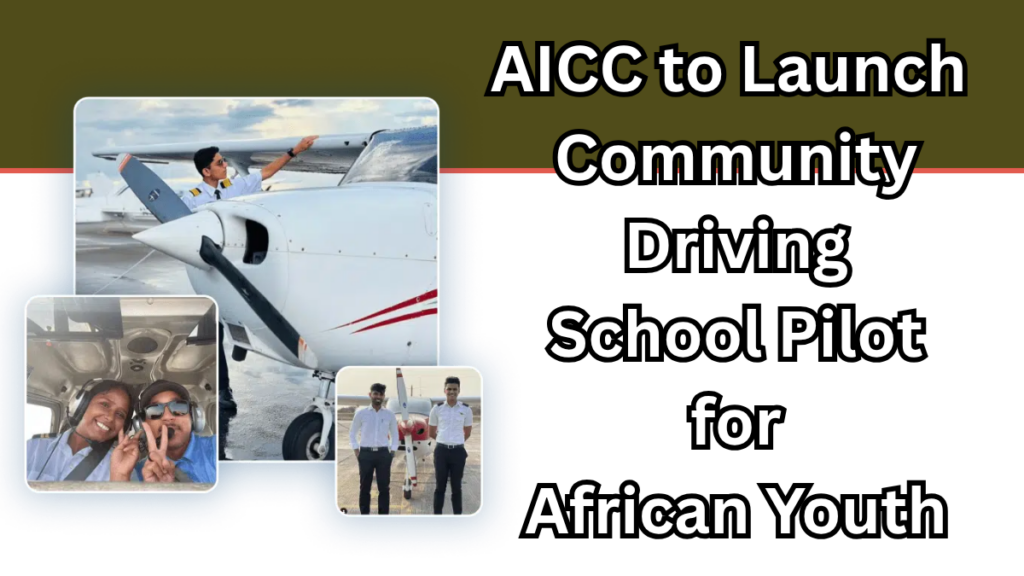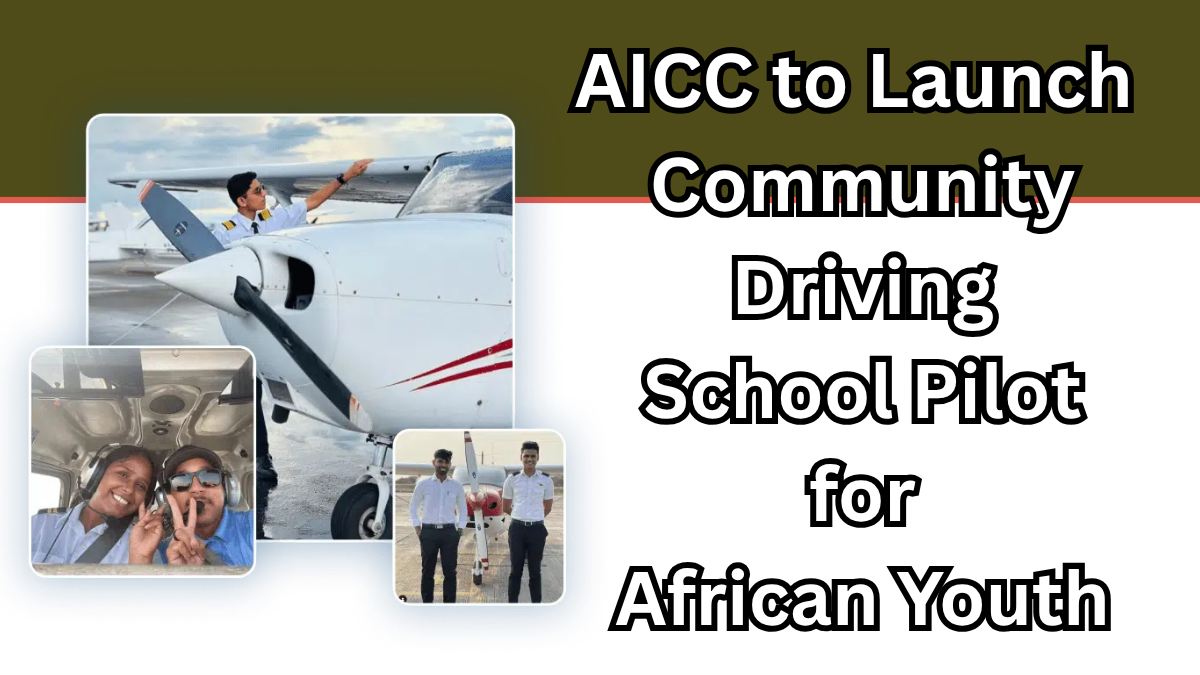In a game-changing move for rural development, the African Infrastructure and Connectivity Council (AICC) has announced the launch of a Community Driving School Pilot program targeting underserved youth across rural Africa. This initiative is designed to bridge the skills gap and improve employment opportunities by providing essential rural mobility skills Africa needs today.

Why This Matters?
Millions of African youth in rural areas face challenges due to poor transport skills and limited job-ready programs. This new pilot by AICC aims to:
-
Empower young people with certified driving skills
-
Boost employment in logistics, agri-transport, and local transit
-
Enhance rural mobility skills Africa urgently requires for growth
Key Highlights of the Program
| Feature | Description |
|---|---|
| Program Name | Community Driving School Pilot |
| Target Beneficiaries | Youth in rural and semi-urban areas across Africa |
| Training Duration | 3 to 6 months (includes theory & practical modules) |
| Certification | Government-recognized driving license and mobility certificate |
| Program Start | Pilot roll-out scheduled for Q4 2025 in select regions of Kenya and Ghana |
| Partners Involved | Local governments, driving institutes, youth-focused NGOs |
Skills Training That Goes Beyond Driving
The Community Driving School Pilot is more than just about getting a license. It’s about building long-term, sustainable careers. Participants will gain:
-
Road safety and defensive driving skills
-
Maintenance basics for two- and four-wheel vehicles
-
Logistics handling and delivery practices
-
Knowledge on eco-friendly transport and fuel efficiency
This aligns with the broader goal of strengthening rural mobility skills in Africa, where improved transport translates directly to better livelihoods.
A Pathway to Employment and Entrepreneurship
For many rural youths, mobility is the first step to economic freedom. This driving school pilot could lead to:
-
Jobs in last-mile delivery and agri-supply chains
-
Opportunities to become community taxi or EV trike operators
-
Entry into logistics startups or fleet companies
AICC’s broader plan is to scale this pilot to 15 African nations by 2027, integrating it with existing youth empowerment schemes.
What Makes This Pilot Unique?
-
Community-based Learning: Local trainers familiar with regional terrain and transport needs
-
Affordable & Inclusive: Subsidized or free training for marginalized youth
-
Holistic Curriculum: Focuses on safety, technical, and business skills
-
Strategic Alignment: Supports the UN SDG goals on decent work and infrastructure
FAQs
1. Who can apply for the Community Driving School Pilot?
Youth aged 18–30 living in rural or peri-urban communities in pilot regions are eligible. Prior schooling is not mandatory.
2. Is the training free?
Yes, the pilot phase offers subsidized or fully-funded training depending on the applicant’s background and region.
3. Will trainees receive a valid driving license?
Absolutely. Upon completion, participants receive a government-certified driving license along with a mobility training certificate.
4. How does this benefit rural communities?
It builds a local workforce capable of meeting transport needs, reduces unemployment, and improves access to markets, schools, and health centers.
Final Thoughts
With the launch of the Community Driving School Pilot, AICC is addressing the heart of the rural development challenge: mobility. By upskilling youth and investing in rural mobility skills Africa needs, the council is not just driving vehicles — it’s driving change.
Click here to learn more
Sachin is a dedicated writer specializing in education, career, and recruitment topics, delivering clear and actionable insights to empower readers.
